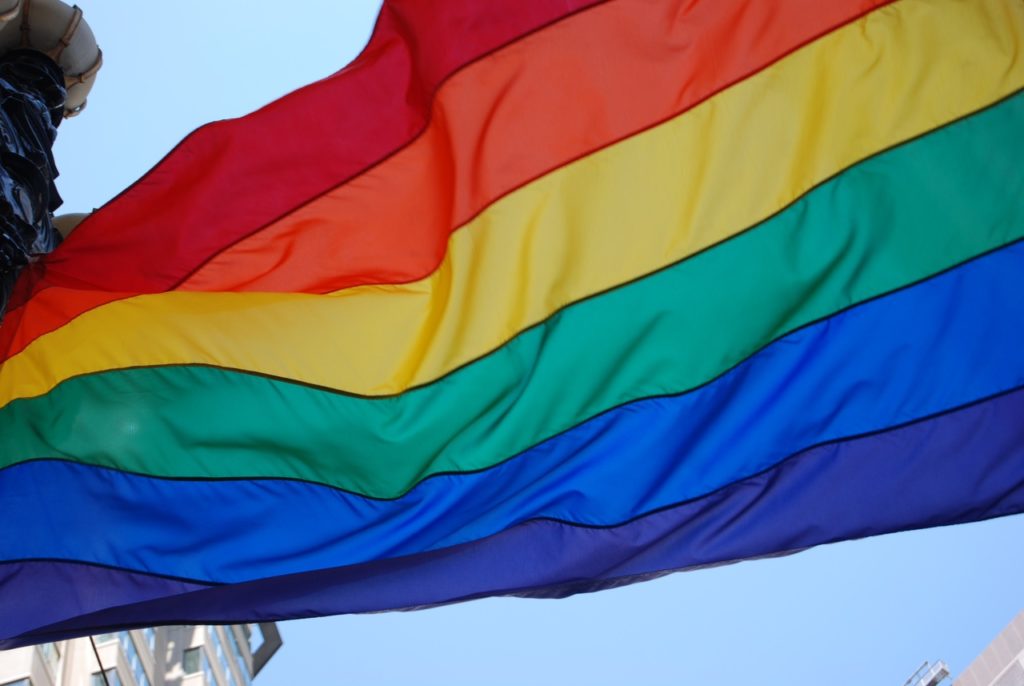The Constitutional Court this week struck down certain aspects of the law on transgender, passed in 2017.
In particular, the court ruled against the use of the binary M/F (or M/V in Dutch) assignation of gender made at the time of birth. The court said it could see no reasonable justification for the rule, and invited the legislator to take account of the principle of self-determination. Gender identity is a personal matter, the court said.
“Persons having a non-binary gender identity should have the possibility of adapting the sex shown on their birth certificate to reflect their gender identity,” the ruling says.
The law, which came into force in January 2018, allows a person to change the gender designation on their official papers without first having to undergo sex change treatment, but only allows a choice between male and female, so that an M can change to an F or vice versa, but nothing else. By contrast, other designations are generally recognised, including non-gendered, gender fluid or genderqueer.
“It is not reasonably justified for persons whose gender identity is non-binary to be obliged to accept on their birth certificate a gender designation based on a choice of man or woman, which does not correspond to their gender identity as lived,” the court ruled.
The court left it up to the legislator to remove the unconstitutional aspects of the law identified by the ruling, for example by “the creation of one or several supplementary categories,” or by offering “the possibility of removing gender designation or identity as part of the civil state of a person”.
The court also struck down the element of the law which allows a change of gender on the birth certificate only once. Likewise, the provision for a single change of first name for the purposes of gender identification was also struck down.
In 2017, 110 people chose to change the gender marker on their identity documents; after the law came into force in 2018, the number went up to 727. But certain aspects of the law continued to cause concern.
“The constitutional court has proved us entirely right,” said Jeroen Borghs, spokesperson for the rights group Çavaria. “This is a historic ruling. It is now up to parliament to lead the public debate, and we are ready to take part.” Çavaria has in the past mentioned possible solutions such as the option “X”, or the removal of any gender marker from the birth certificate. “But we are not now making suggestions,” he said. “That will form part of the social debate.”
Alan Hope
The Brussels Times

